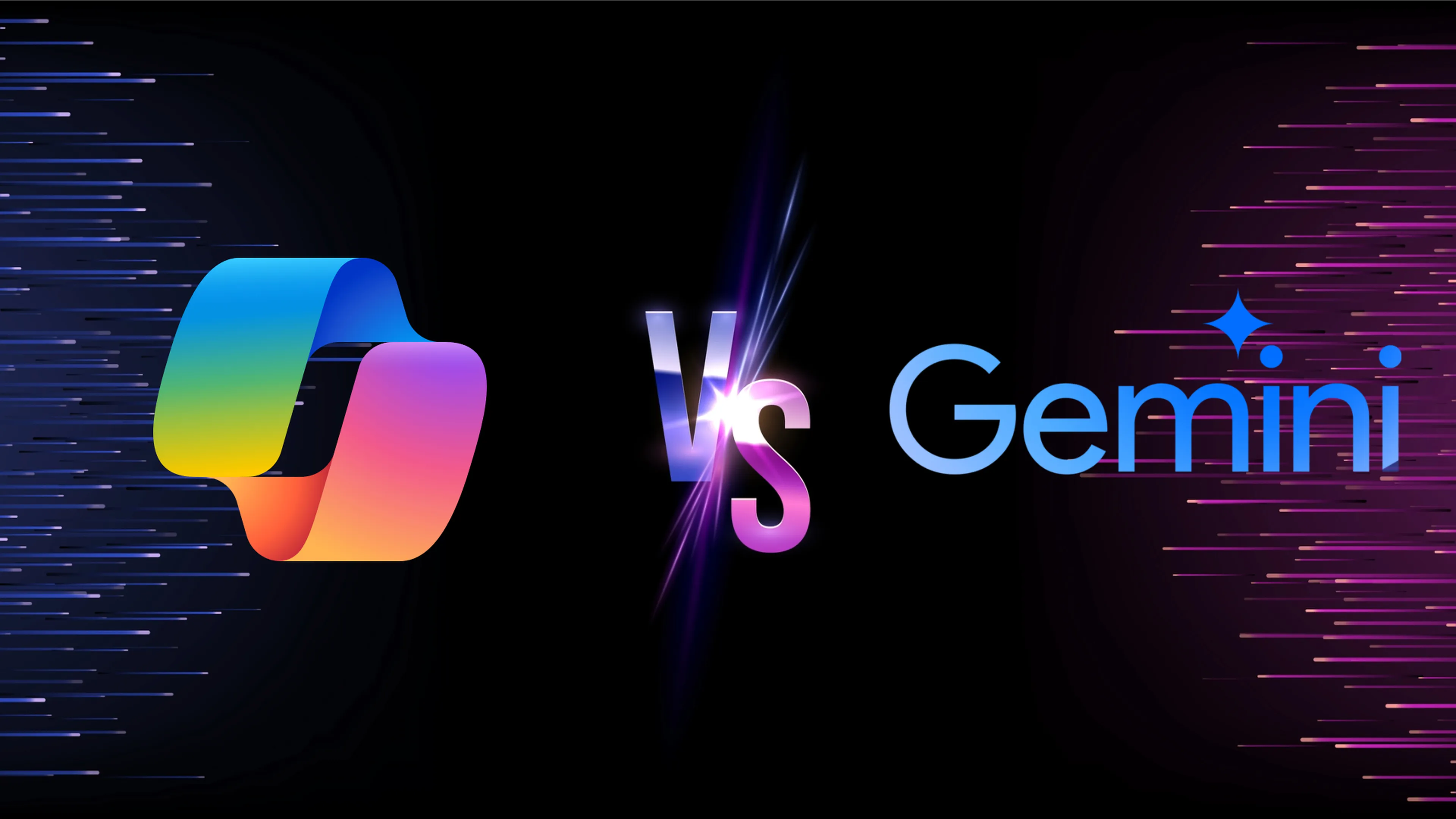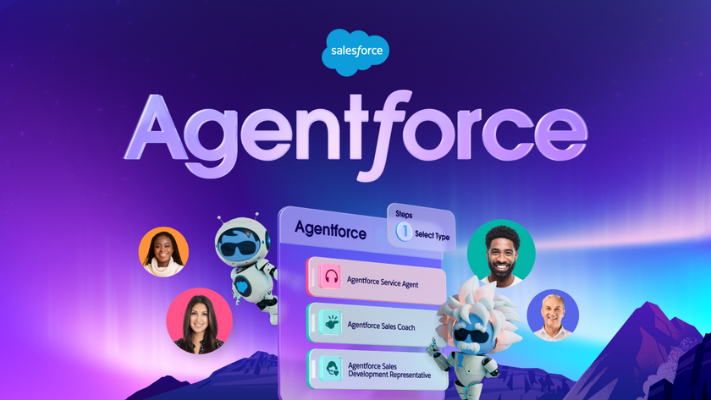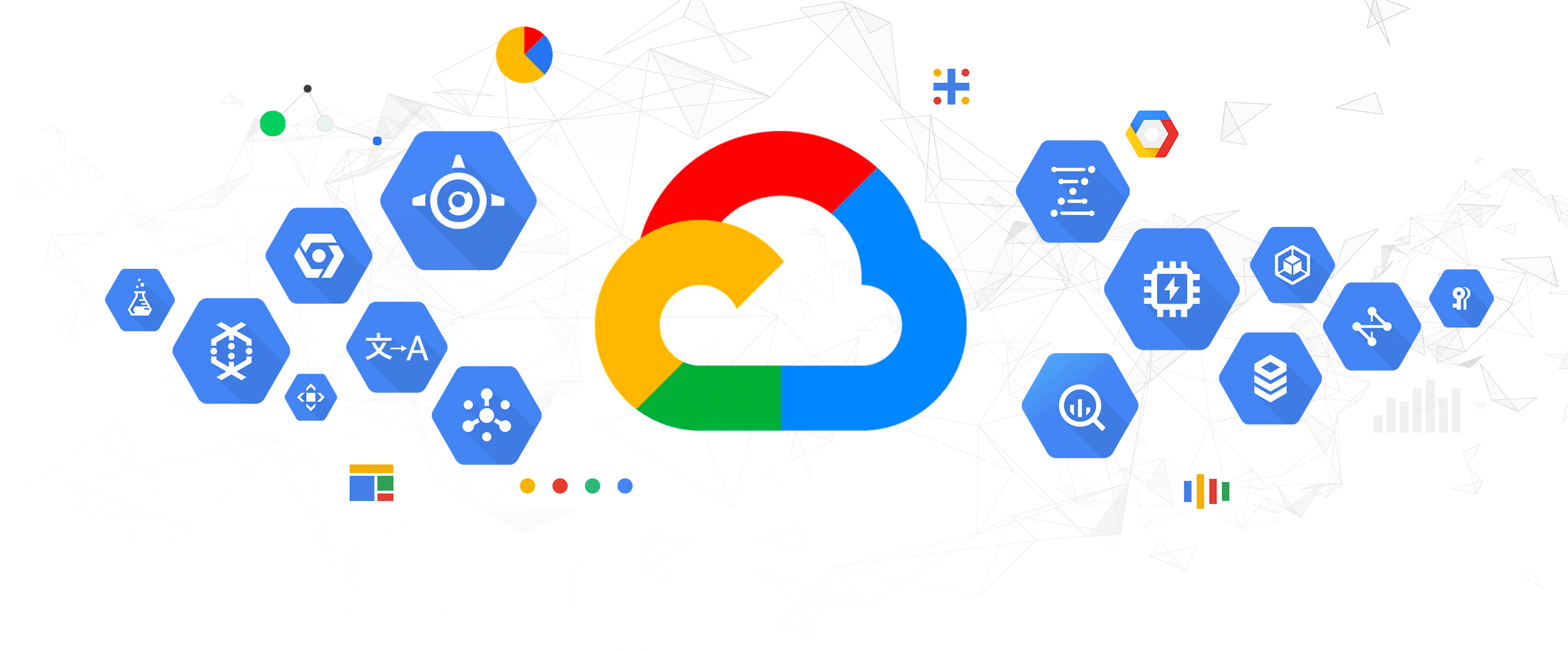The battle of the AI assistants is heating up, and at the centre are Microsoft Copilot and Google Gemini, two enterprise-grade tools that promise to revolutionise productivity, automate workflows, and empower employees. But while both are powerful, their strengths, integrations, and user experiences differ significantly. So which one is right for your business?
In this blog, we unpack the differences between Copilot and Gemini, helping you make an informed decision based on your organisation’s goals, tools, and working style.
1. Ecosystem Integration: Start Where You Work
The first consideration when choosing between Microsoft Copilot and Google Gemini is straightforward: where does your team spend most of its time?
Microsoft Copilot is tightly embedded into Microsoft 365 tools: Word, Excel, Outlook, PowerPoint, and Teams. It enhances workflows for businesses already reliant on the Microsoft stack. Whether you're drafting a report in Word, analysing trends in Excel, or summarising meetings in Teams, Copilot acts as a context-aware assistant.
Google Gemini for Workspace, on the other hand, is built into Google Workspace tools: Docs, Sheets, Gmail, Slides, and Calendar. It excels in live collaboration, lightweight content generation, and assisting within cloud-native environments.
The Verdict: stick with the ecosystem your team already uses. Copilot is ideal for Microsoft-first teams; Gemini is best for Google-centric organisations.
2. Capabilities and Use Cases: What Do You Need AI to Do?
While both assistants offer a wide range of features, their strengths vary.
Microsoft Copilot is especially strong in data manipulation and enterprise-heavy workflows. In Excel, it can build complex formulas or generate pivot tables on request. In Word, it helps structure proposals and business plans. Its integration with Outlook and Teams enables advanced summarisation, meeting prep, and task management, all tailored to the structured needs of enterprise teams.
Google Gemini shines in creative generation, multimodal input, and collaborative assistance. It can respond to image prompts, generate slide content based on a doc, and assist in real-time with shared Docs or Sheets.
But Gemini isn’t limited to just creative tasks. It’s equally effective in overseeing structured, business-focused workflows. For example, in Sheets it can clean and categorise large data sets or generate formulas to support financial analysis. In Gmail, it can prioritise emails, extract action items, and draft standardised responses for customer or internal communication.
Inside Calendar, Gemini can recommend optimal meeting times and prepare agendas, helping power and streamline operational efficiency. And across Drive, it can summarise and extract key information from documents, providing teams with quick, structured insights.
The Verdict: choose Copilot for data-heavy and highly regulated enterprise workflows. Choose Gemini for creativity, collaboration, and operational efficiency across structured business tasks.
3. AI Model Power and Performance
Copilot is powered by GPT-4, developed by OpenAI and hosted via Azure. It’s known for reliability, factual accuracy, and handling enterprise-grade language tasks with minimal hallucination. Microsoft continues to invest in model safety, privacy, and alignment.
Gemini (formerly Bard) is powered by Gemini 1.5 Pro from Google DeepMind. It excels at multimodal input (text, images, video) and integrates natively into cloud environments. It’s great for summarising long threads, interpreting visuals, and maintaining conversational context across apps.
The Verdict: Copilot may edge ahead in precision and enterprise maturity. Gemini leads in creative flexibility, multimodal understanding, and efficiency across cloud-based workflows.
4. Security and Compliance
Both assistants are built with enterprise security in mind.
Copilot offers enterprise-grade data security, full GDPR and HIPAA compliance, and strong access controls, making it particularly well-suited for regulated industries like finance and healthcare.
Gemini also prioritises security, with controls that allow IT teams to manage access and data visibility. However, its compliance certifications and enterprise readiness are newer compared to Microsoft’s decades of enterprise integration.
The Verdict: both are secure, but Copilot may be better suited for organisations with higher compliance and audit demands. Gemini provides strong controls, especially for organisations already operating in Google’s cloud ecosystem.
5. User Experience and Adoption
Copilot offers a feature-rich experience but comes with a steeper learning curve. It assumes familiarity with Microsoft 365 tools and is better suited to roles with more structured responsibilities (e.g. finance, operations, HR).
Gemini delivers a smoother, more intuitive experience, especially for teams already comfortable with cloud-based workflows. It shines in environments where users move fluidly between email, documents, and meetings.
The Verdict: Copilot is powerful for experienced enterprise users with structured roles. Gemini is intuitive, collaborative, and equally effective for creative and operational day-to-day tasks.
So, Which AI Assistant Is Right for You?
Choose Microsoft Copilot if:
- Your organisation relies heavily on Microsoft 365
- You prioritise structure, compliance, and data-heavy workflows
- Your teams work with spreadsheets, reports, or presentations at scale
Choose Google Gemini if:
- Your organisation is Google Workspace-native
- You value speed, collaboration, and creative generation
- You want support for structured business tasks like data analysis, project tracking, email management, and scheduling
- Your teams work in marketing, product, operations, or fast-paced digital projects
The CloudSmiths Perspective
At CloudSmiths, we help organisations not just adopt AI, but also integrate it in a way that makes sense for their people, processes, and platforms. Whether you're leaning toward Copilot, Gemini, or evaluating a hybrid model, our team can guide you through licensing, training, change management, security and compliance and workflow automation.
Let’s talk about what AI assistant works best for your business. CloudSmiths is here to help.









